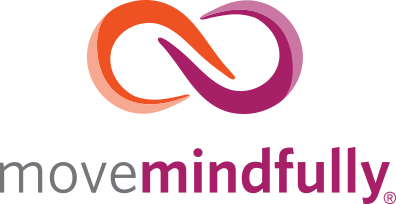movemindfully (formerly Moving and Learning) work implemented in Dakota County, MN
Statewide Health Improvement Partnership (SHIP) between Nov. 1, 2019-October 2021
Through the State Health Improvement Grants (2019)-
Moving and Learning Report – District 191
Moving and Learning Report – District 192
Moving and Learning Report – Meadowview
Moving and Learning Report – North Trail
Moving and Learning Report – Rahn
